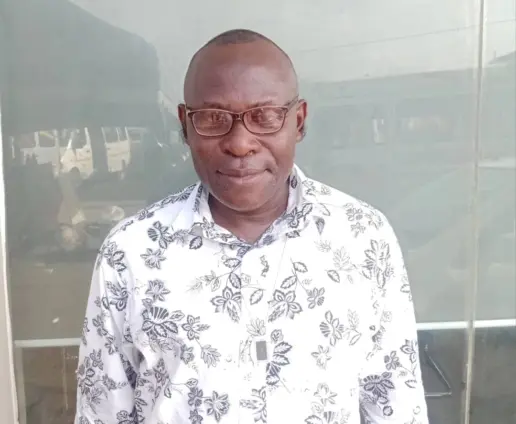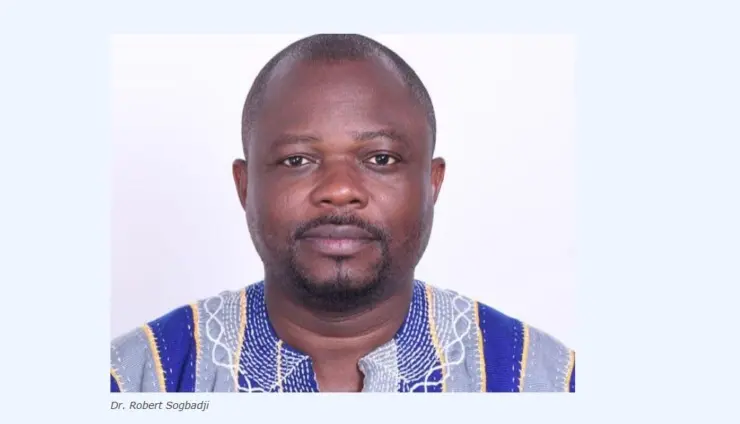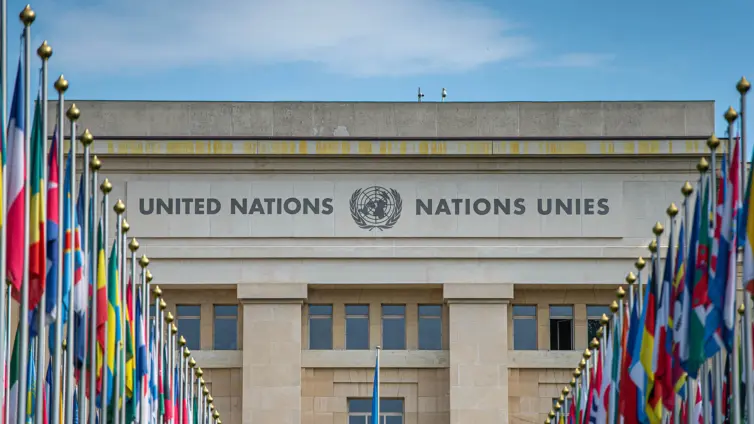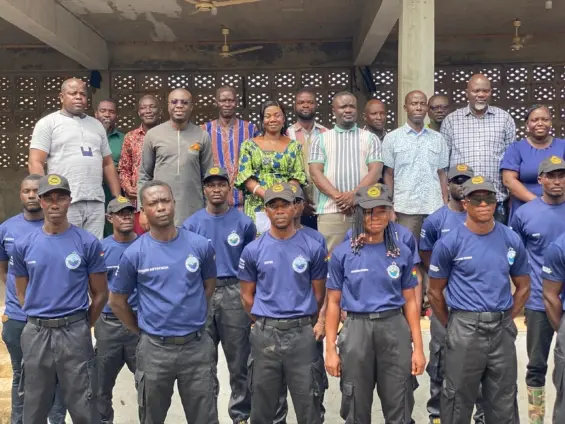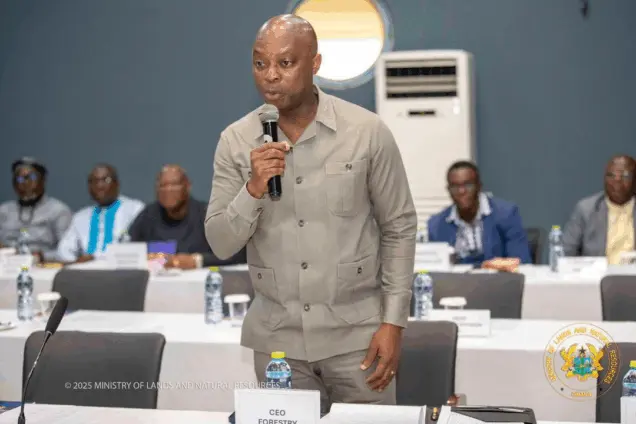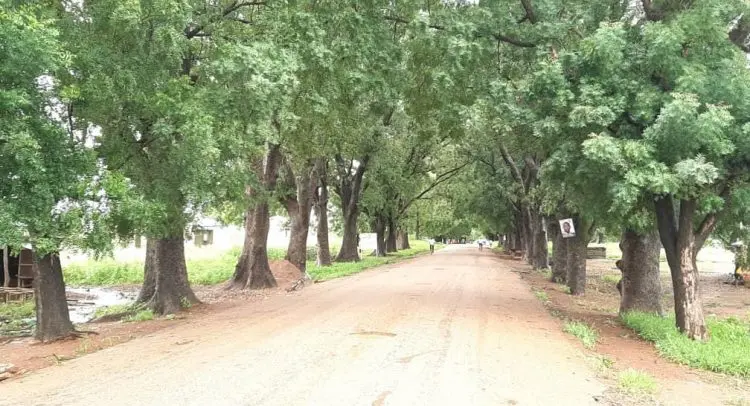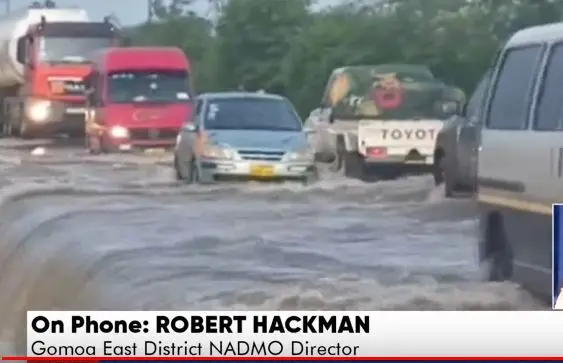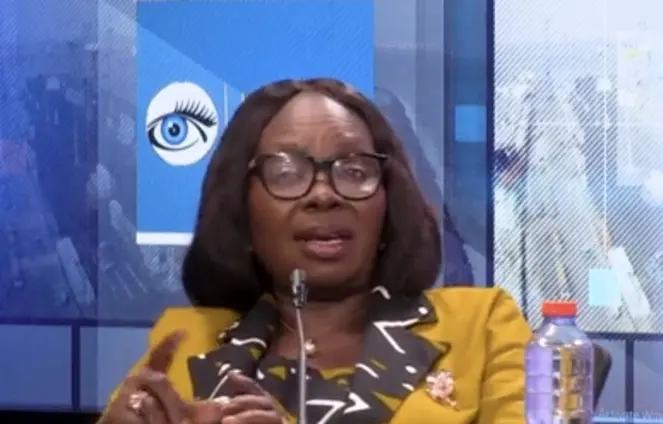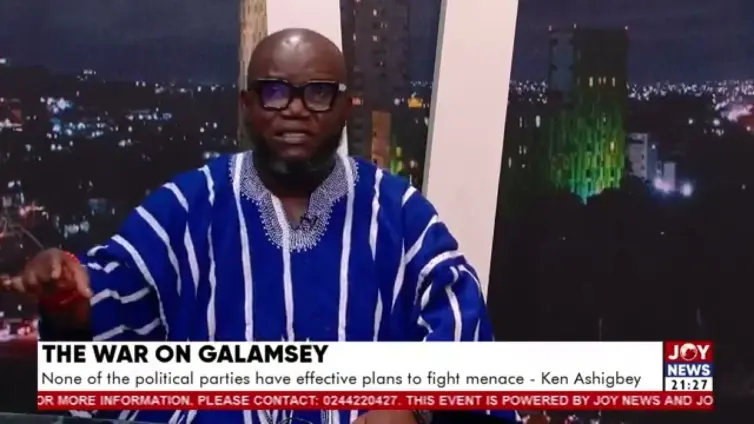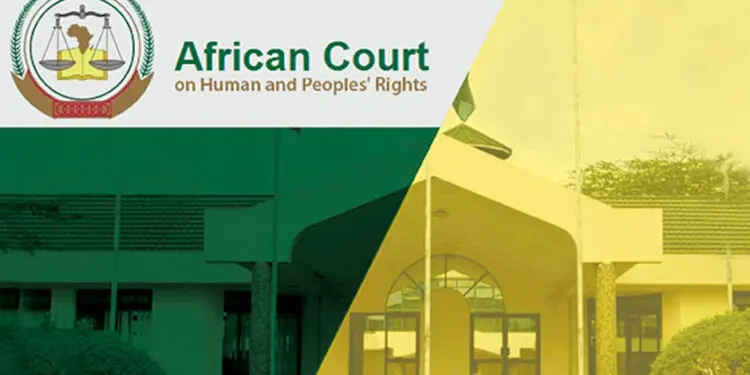The fight against illegal mining, or galamsey, in Ghana has reached a fever pitch, with public sentiment boiling over due to widespread environmental devastation. Amidst this turmoil, the Centre for Democratic Movement (CDM) has emerged as a powerful voice, sharply criticizing the government’s approach. Their latest salvo is aimed squarely at the recent allocation of US$279 million to the Ghana Gold Board (GOLDBOD) for gold purchases, a move the CDM argues prioritizes revenue over the urgent need for environmental reclamation.
The CDM contends that while the government’s investment in GOLDBOD might boost the nation’s gold reserves, it does little to address the root cause of the problem: the environmental destruction caused by galamsey. The core of their argument is that promises to fight galamsey without substantial funding for land and river rehabilitation are empty gestures. This criticism highlights the growing concern that the Mahama administration’s focus on gold procurement overshadows the critical need for sustainable environmental practices.
CDM’s Stance on GoldBod Budget Allocation
The CDM’s critique centers on what it perceives as a deliberate policy choice to favor revenue generation over environmental sustainability. The organization argues that allocating a significant budget to GOLDBOD without earmarking corresponding funds for reclamation reveals a troubling disregard for the long-term consequences of galamsey. A leading member of the CDM stated, “Promises without funding are lies. And the budget has revealed the truth,” encapsulating the sentiment of many who feel the government is not taking the environmental crisis seriously enough.
According to the CDM, this decision endangers Ghana’s environment by creating an incentive structure that prioritizes gold procurement, regardless of the environmental damage inflicted by mining operations. The potential long-term consequences of this approach, they warn, include irreversible damage to ecosystems, loss of biodiversity, and diminished access to clean water for communities across the country.
Accusations of Moral Bankruptcy and Environmental Neglect
The CDM goes further, accusing the government of what they describe as moral bankruptcy, arguing that a state-funded gold agency cannot operate ethically while simultaneously ignoring the environmental devastation caused by the mining sector. The organization questions the very foundation upon which GOLDBOD is built, suggesting that it is inherently flawed to establish a body that benefits from mining activities without addressing the environmental carnage they inevitably produce.
This inherent conflict of interest, according to the CDM, creates a situation where environmental concerns are systematically marginalized in favor of short-term economic gains. As a spokesperson for the CDM put it, “A body set up to benefit from mining cannot ignore the environmental carnage it feeds on.” This statement underscores the organization’s belief that the government’s approach to the galamsey fight is fundamentally unsustainable and ethically questionable.
CDM’s Demands for Transparency and Accountability
In light of these concerns, the CDM has issued a series of demands aimed at promoting greater transparency and accountability in the galamsey fight. Among these demands is a call for the public disclosure of illegal mining concessions, a move they believe would help deter illegal mining activities and hold perpetrators accountable for their actions. Transparency, they argue, is crucial in combating corruption and ensuring that mining operations are conducted in a responsible and sustainable manner.
The CDM is also advocating for a nationwide moratorium on mining in water bodies, citing the severe environmental damage caused by these activities. Mining in rivers and streams not only pollutes water sources but also disrupts ecosystems and threatens the livelihoods of communities that depend on these resources. A moratorium, they argue, would provide an opportunity to assess the environmental impact of mining in water bodies and develop more sustainable practices.
Furthermore, the CDM is calling for a parliamentary inquiry into the government’s handling of the galamsey situation. Such an inquiry, they believe, would help identify shortcomings in the government’s approach and recommend improvements to future galamsey policies. By scrutinizing the government’s actions, a parliamentary inquiry could play a vital role in ensuring that the galamsey fight is conducted effectively and in the best interests of the Ghanaian people.
President Mahama’s Responsibility
The CDM has directly challenged President Mahama, emphasizing his responsibility to take decisive action against galamsey. The organization argues that the President has a moral obligation to protect Ghana’s environment and ensure that future generations can enjoy its natural resources. “If President Mahama cannot take action to save our rivers, then he is no different from those destroying them,” a CDM representative stated, leveling a stark challenge to the President’s leadership on the issue.
In conclusion, the CDM’s criticism of the GoldBod budget allocation underscores the growing concern that the government’s approach to the galamsey fight is not adequately addressing the environmental devastation caused by illegal mining. Their demands for greater transparency, accountability, and a renewed focus on environmental reclamation highlight the urgent need for a more sustainable and ethical approach to managing Ghana’s natural resources. The balance between revenue generation and environmental protection remains a critical challenge, demanding immediate and decisive action to safeguard Ghana’s environment for future generations.
Image Source: MYJOYONLINE


